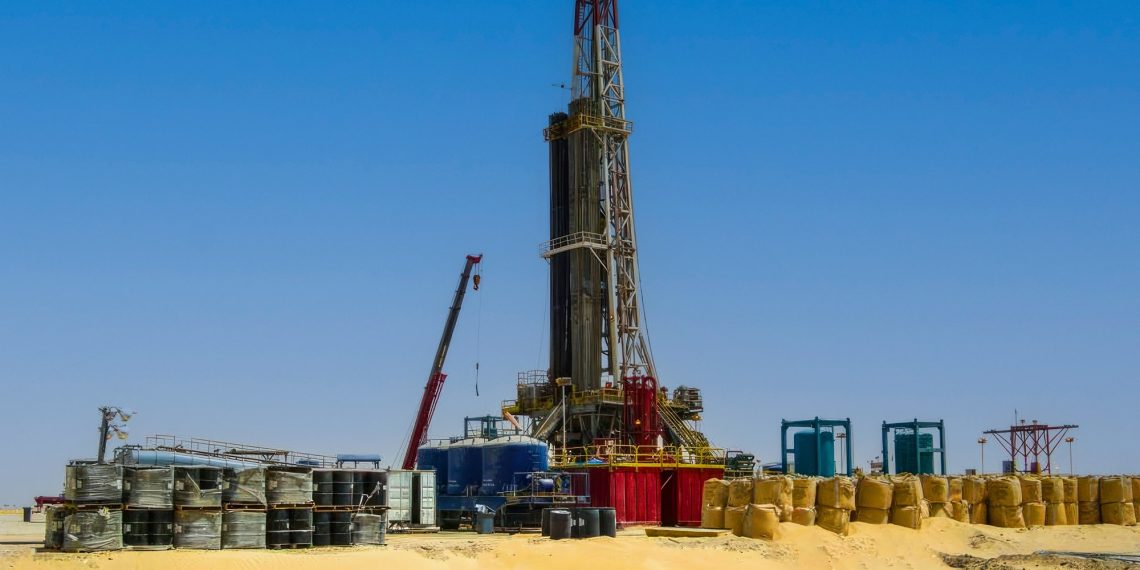Saudi Arabia is facing increased financial strain as oil prices remain weak, putting pressure on its extensive spending plans. With crude prices hovering around $70 per barrel—well below the level needed to balance the national budget—there are expectations the government will need to cut spending beyond the planned 3.7% reduction for next year.
The kingdom’s ambitious economic transformation, which includes projects like the Neom city development, is heavily reliant on oil revenue. Some initiatives have already been delayed or downsized due to funding challenges, while others, such as Red Sea resorts, have begun limited operations. Many of these projects are managed by the Public Investment Fund, which is funded largely by oil income.
Upcoming major international events, including the Asian Winter Games, Expo 2030, and the football World Cup, require significant investment in infrastructure, such as new stadiums and a large ski resort. As a result, the government is reassessing priorities and slowing the pace of certain projects.
Recent efforts to boost oil prices by cutting production have lost effectiveness, with global demand remaining subdued and some oil producers exceeding their quotas. As Saudi Arabia prepares to increase output alongside other Opec+ members, oil prices are expected to stay lower for the foreseeable future.
Aramco, the state oil company, has announced a sharp reduction in dividends, reflecting the impact of declining revenue. Meanwhile, the government is taking a cautious approach to spending and increasing borrowing, supported by relatively low debt levels and strong foreign reserves.
Despite efforts to grow non-oil income, government spending has accelerated, making the budget more dependent on oil revenues, which account for more than 60% of income. The government plans to raise additional funds through debt issuance to cover deficits and maturing obligations.
While international agencies have recognized progress in economic reforms and increased non-oil income, they warn that further weakening of public finances or excessive debt could pose risks. Calls for new taxes have been dismissed by Saudi officials, who prefer to maintain the current tax regime.


